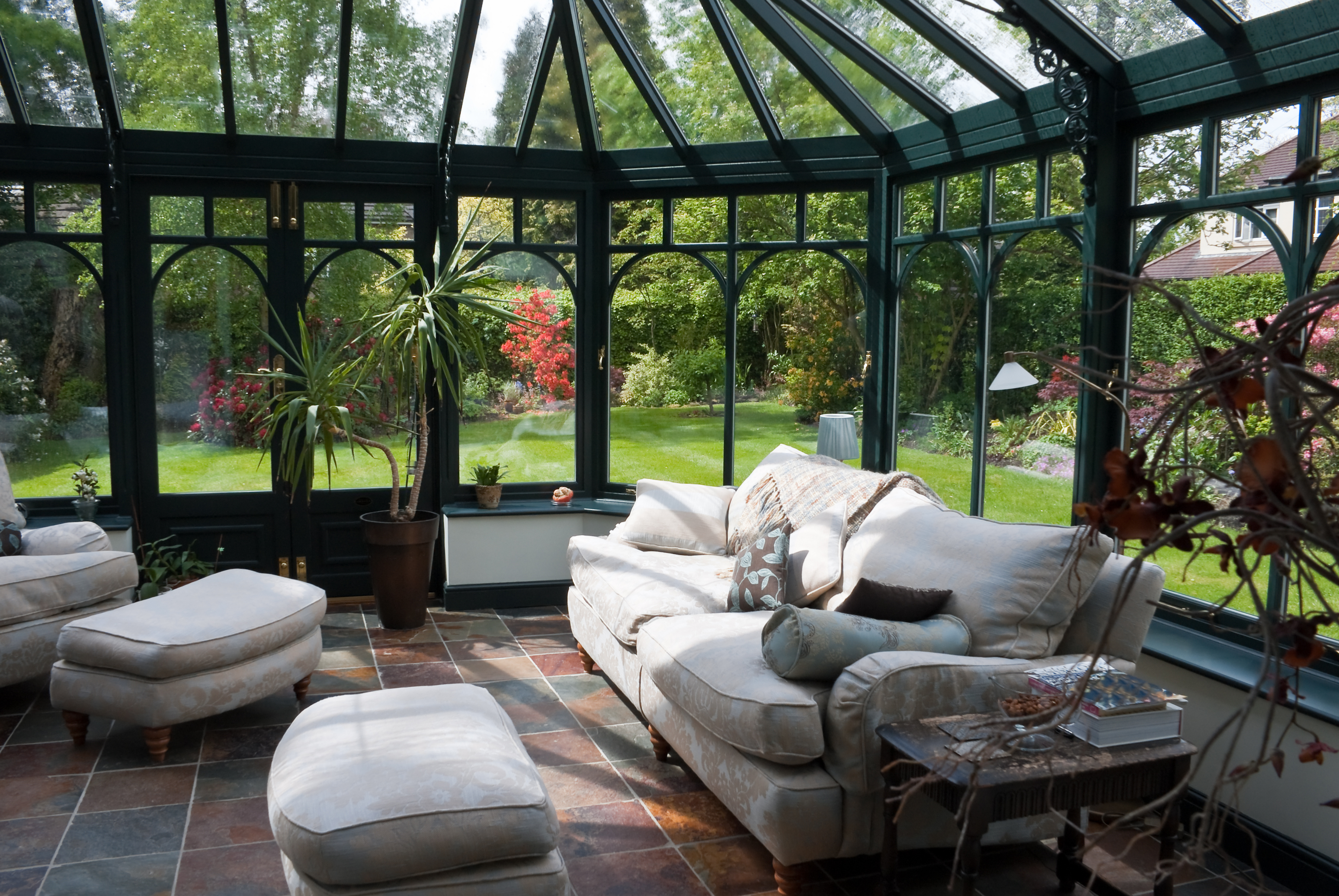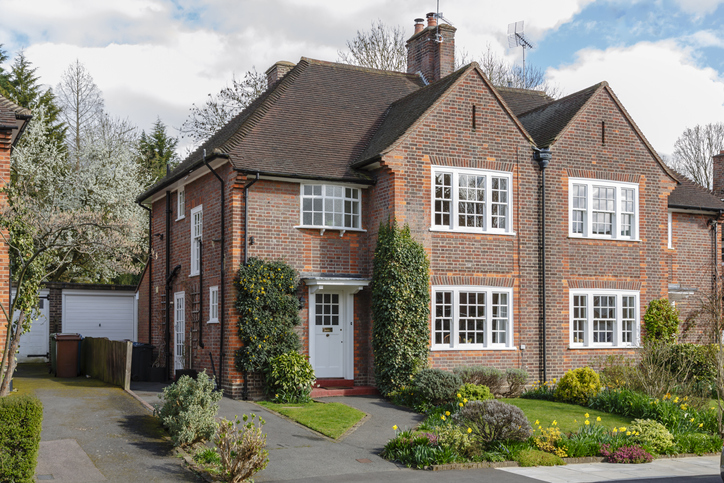Is a conservatory right for me?
Written by
Monday 13th March 2023

Many of the common questions we get asked revolve around whether a conservatory still ‘counts’ as an extension. Ultimately, it’s important to choose the right extension based on how it will suit your home and your lifestyle – not the technical name for its construction.
However, to help you get a bit clearer on what type of extension to research, here are some pointers…
Conservatory vs extension
A conservatory is often considered a type of house extension, but there are some defining features that make a conservatory so unique.
You’ll notice most conservatories are predominantly made from glass. In fact, over 75% of a traditional conservatory’s roof and over 50% of its walls will be made from a translucent material – most often double glazing. Most extensions use materials such as brickwork or timber to help them blend in seamlessly with your home’s existing aesthetics, though these days lots of modern conservatories can be built with a solid roof designed to ‘fit in’ with the home.
A strong advantage of a conservatory is its cost-effectiveness. They’re typically less complex to install, so they come with a slightly lower price tag compared to other types of extension. You won’t need to worry about planning permission, either, as they’re considered to be permitted developments.
It’s a common misconception that conservatories can only be used to keep plants or, at best, to relax in during the summer months. So if you’re looking for some pointers on how to turn your conservatory into a more usable space, we’ve got you covered.
Orangery vs conservatory
An orangery is generally considered a type of conservatory, though it usually has a more traditional structure similar to that of a single-storey extension.
Orangery roofs are constructed with less than 75% glass, whereas the most defining features of a conservatory is its glass roof and walls. Orangeries are designed to include brickwork that blends in with the aesthetics of the main property much more seamlessly, though some orangeries can be constructed as a free-standing structure.
Pay attention to the roof style, too. Conservatories are known for their pitched roofs, whereas orangeries typically have a glass lantern roof which offers a slightly different aesthetic.
Visual look and feel aside, there are some practical considerations to think about too. As orangeries have integrated windows rather than glass walls they’re often thought of as more secure and private, with modern-day homeowners valuing the benefits of orangeries.
Garden room vs conservatory
A garden room is a standalone structure whereas a conservatory is attached to your main property. This makes garden rooms more versatile as you can use them for pretty much anything, from a home office or relaxation room to a completely self-sufficient living space.
It really does depend on how you want to use the space. If you want to create a peaceful haven away from your main property, a garden room would be more suitable. For families simply wanting to extend their living or dining area and let a bit of natural light into their space, a conservatory could be the perfect option.
The other main difference, of course, is the construction materials. Conservatories are predominantly made from glass whereas a garden room is crafted from more traditional construction materials and typically have a solid roof.
Despite all these differences, the price of a garden room is quite similar to that of a conservatory so the decision really comes down to how you want to use the space.
Start planning for a brand-new conservatory sooner with a personal loan
Conservatory finance helps you spread the cost of a big purchase over more manageable monthly repayments.
We make it easy to get going with your home renovation projects sooner, by giving you access to the funds you need. Borrow up to £35,000 and simply pay it back between 2 to 7 years at rates from as low as 6.5% APR Representative (£7,500-£25,000).
Get a quote using our loan calculator or simply apply now to get started.
Written by
Luke Hilton is a Warrington-based email content writer and designer in the financial services industry. He enjoys mixing analytics and creativity and can usually be found with his head buried in stats, piecing together the patterns that make good content. In his spare time, the drive to figure things out continues with what can only be described as a love-hate relationship with DIY. With a keen love of the outdoors, Luke is usually up a mountain somewhere or in his garden growing his own oasis.



